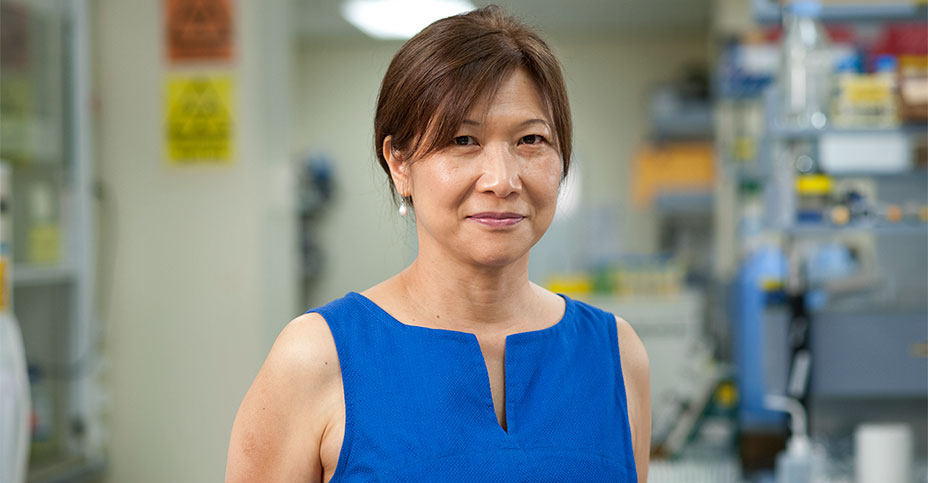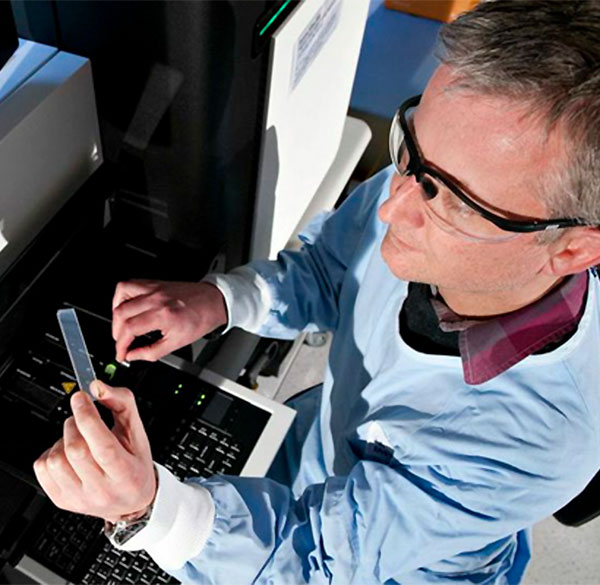
23 February 2015
A discovery led by scientists at Adelaide's Centre for Cancer Biology (CCB) has opened the door to further research to beat cancer metastasis.
Metastasis – the spread of cancers to secondary sites in the body – is the main cause of death in many types of cancer, including breast, colon, lung and prostate cancer.
The CCB's Cell Signalling Laboratory, headed by Adjunct Associate Professor Yeesim Khew-Goodall, in collaboration with a research group headed by Monash University's Professor Roger Daly, have discovered some of the key enzymes that control the secretion of metastasis-promoting proteins.
Dr Khew-Goodall says cancer cells can stimulate metastasis by secreting signalling proteins that interact with both their local environment to trigger cancer cell migration and distant sites to pre-condition the secondary sites for colonisation, long before the cancer cells arrive.
“The mechanisms regulating the secretion of these signalling molecules are currently poorly understood,” she says.
“A deeper understanding of the mechanisms used by tumour cells to convert their secretion profile from that of a non-malignant cell to one that favours tumour progression and metastasis is therefore likely to be critical in combating metastatic disease.”
Using both cell culture approaches and verification in animal models, the researchers found that an enzyme that is mutated in various cancers has an important role in suppressing the secretion of signalling proteins, and identified the partner molecules through which the enzyme acts.
“We were able to demonstrate in mouse cancer models that the secretions from cancer cells that lack the enzyme could alone promote metastasis, and the cancer cells that lack the enzyme were more prone to metastasis, suggesting that boosting the level of the enzyme could block cancer metastasis,” Dr Khew-Goodall says.
“We further found that patients who have cancers with low amounts of the enzyme are more at risk of metastasis.”
The discovery is published in prestigious international journal Science Signaling.
The Centre for Cancer Biology is an alliance between SA Pathology and the University of South Australia.

When you give today, 100% of your donation will go directly to the researchers - with no admin fees or hidden costs.
The University of South Australia (UniSA) is committed to tackling one of our most challenging diseases – cancer – by establishing the largest cohort of cancer researchers ever assembled in South Australia. Every day our experts are getting one-step closer to saving more lives as well as improving the quality of life for cancer survivors. But they need your help.
